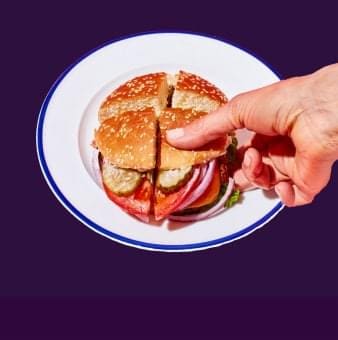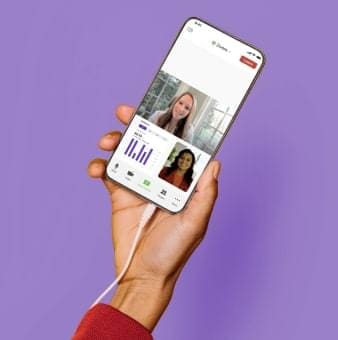Making Employee Engagement Easy

Our Experts
It seems that everyone is looking for the magic bullet to make their wellness program engaging. Everywhere you look, there are articles about trying different reward structures…or ensuring you have executive buy-in…or adding more bells and whistles to your program…or, well, you-name-it. But one thing that’s often overlooked is the sheer fact that you need to make it easy to participate. No matter how rewarding a program is, if you make it too difficult to participate, no one will do it. How many companies have a program where employees need to register, set up a username and password combination, and answer some profile questions on the wellness portal before they can even learn about the new programs offered? That’s not easy!!
So how do you make it easy? Think about these things when designing your experience:
Make it intuitive — Your employees shouldn’t even have to think about how to do something. “No thinking, just doing” should be your mantra when designing your experience. You notice how your bank’s ATM remembers the types of transactions you typically do and makes it dummy-proof to do those things over and over. You want to provide your employees that same type of consumer-friendly experience. And, if they haven’t been to your site before, highlight the path you want them to take. Don’t expect them to spend time perusing your health portal to learn how it works. You have to show them. Even if you’re really proud of it and think it’s super engaging, don’t expect your employees to come back every day. That’s not going to happen. For example: If you want employees to verify they completed an activity, don’t require them to log into the site to do so. Instead, send them an email or text with one simple question, “Did you complete the activity? Yes or No.” Let them answer directly from the email or text.
Make it consistent — You shouldn’t worry about being redundant or predictable. In fact, redundant and predictable should be your goal. Be consistent in branding, consistent in design, and consistent in text. Lack of consistency creates confusion. If you refer to your “weight loss program” in one communication and the same program as the “pre-diabetes program” in another communication, you’re creating confusion. You need every communication to drive home the same point, reinforce the message, and establish credibility. Similarly, don’t reinvent your experience in different channels. Mobile apps give you great opportunities to create on-the-go experiences that can augment the desktop experience, but you have to make sure everything works similarly on the desktop and on mobile. If the login button is in the primary navigation on the desktop site, don’t move it in the mobile experience. Make it consistent so it’s easy for your employees to use.
Make it personal — How many people do you know who complain of having too much time on their hands? Not many, right? By personalizing the experience, you’re making things more relevant which, in turn, reduces the time necessary to get things done. Plus, a relevant experience makes the employee feel appreciated and understood which can clearly make them feel more positive about your company. Instead of offering a full array of program options, could you use the data you have about your employees to showcase the ones you know would benefit them?
This coming year as you continue to think about how to increase participation from your employees, try a new tactic. Don’t change up your reward structure, and don’t spend time researching new wellness solutions to offer. Instead, think about how you can make participation easier.





